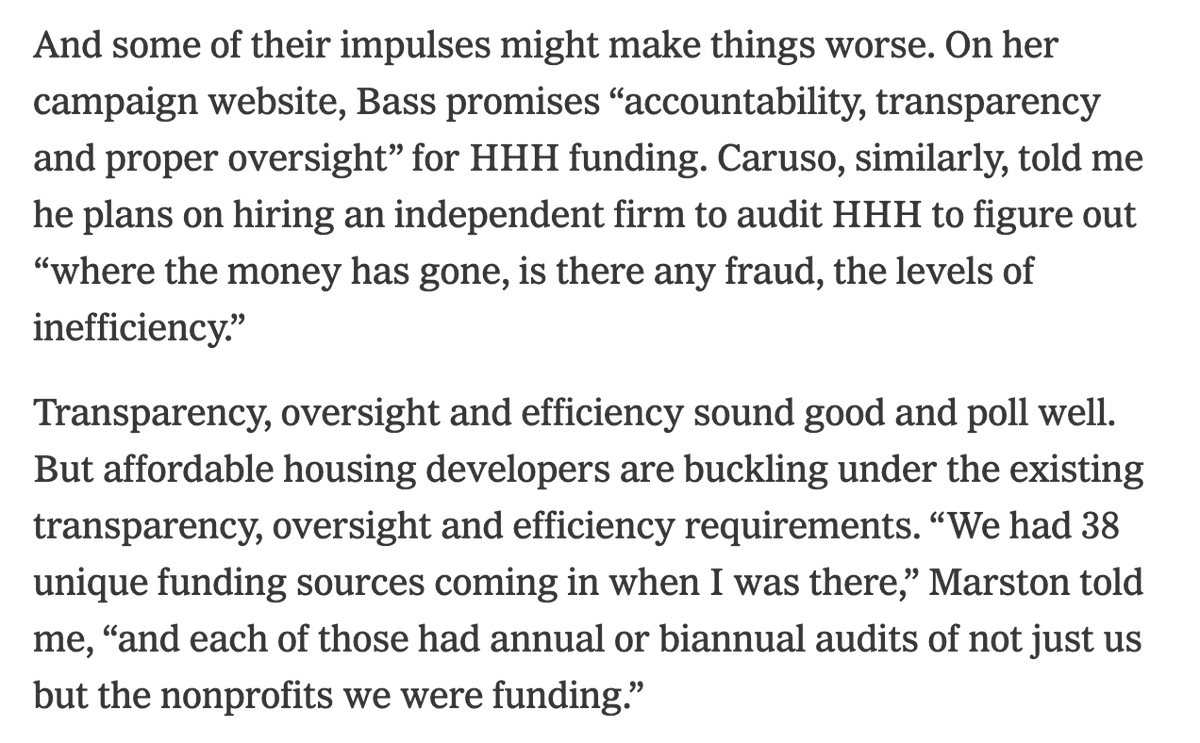So I sat down with this guy last week to talk about winning over skeptical voters, the things he didn't say when he was president, the mistakes in the ACA and the stimulus, aliens, what humans will be judged for in 100 years, and more.
Some highlights: nytimes.com/2021/06/01/opi…
Some highlights: nytimes.com/2021/06/01/opi…

Here’s Obama on the central paradox of his presidency:
He accomplishes this remarkable act of persuasion, but it opens the door to the Tea Party, to Sarah Palin, to Donald Trump — and so he leaves behind a politics that often seems post-persuasion, more hostile to pluralism:
He accomplishes this remarkable act of persuasion, but it opens the door to the Tea Party, to Sarah Palin, to Donald Trump — and so he leaves behind a politics that often seems post-persuasion, more hostile to pluralism:

One lesson some on the left have taken from the aftermath of Obama’s presidency is you can’t tiptoe around America’s worst impulses. You need a politics of confrontation, not of uncomfortable coalitions.
Here’s Obama on that tension:
Here’s Obama on that tension:

There are quite a few moments in his memoir where he knows that racism is driving how he's being treated, and he chooses not to call it out.
We talked about how he made those decisions, and what they cost him:
We talked about how he made those decisions, and what they cost him:

As @Davidshor often notes, a key Obama achievement is he cut educational polarization in both 2008 and 2012 — and for weird reasons, less educational polarization = less disadvantage for Democrats in the electoral college.
I asked him how he did it, and if Dems can do it again:
I asked him how he did it, and if Dems can do it again:

At the same time, Obama thinks that his approach to winning over skeptical voters is becoming structurally harder. The implication here, as I read it, is he’s not sure he could do what he did today: 



I asked Obama whether actually helping people through policy was still enough to change their politics. He responded by imagining what would've happened if Hillary had won in 2016: 

Biden, he said, is "finishing the job." For all the discussion — some of it from me — on the differences in Biden's White House, Obama is very direct on how much continuity he sees between Biden's administration and his own: 

We also talked a bit about policy mistakes from his administration. He was pretty blunt in saying that he didn't take politics seriously enough in designing the 2009 Making Work Pay tax cut, and that the ACA should've been simpler and faster: 



And, of course, I asked how his politics would change if those UFOs turned out to be aliens.
He said it wouldn't change his politics at all!
He said it wouldn't change his politics at all!

There’s much more in the full podcast (or transcript, if you prefer that sort of thing): nytimes.com/2021/06/01/opi…
• • •
Missing some Tweet in this thread? You can try to
force a refresh







